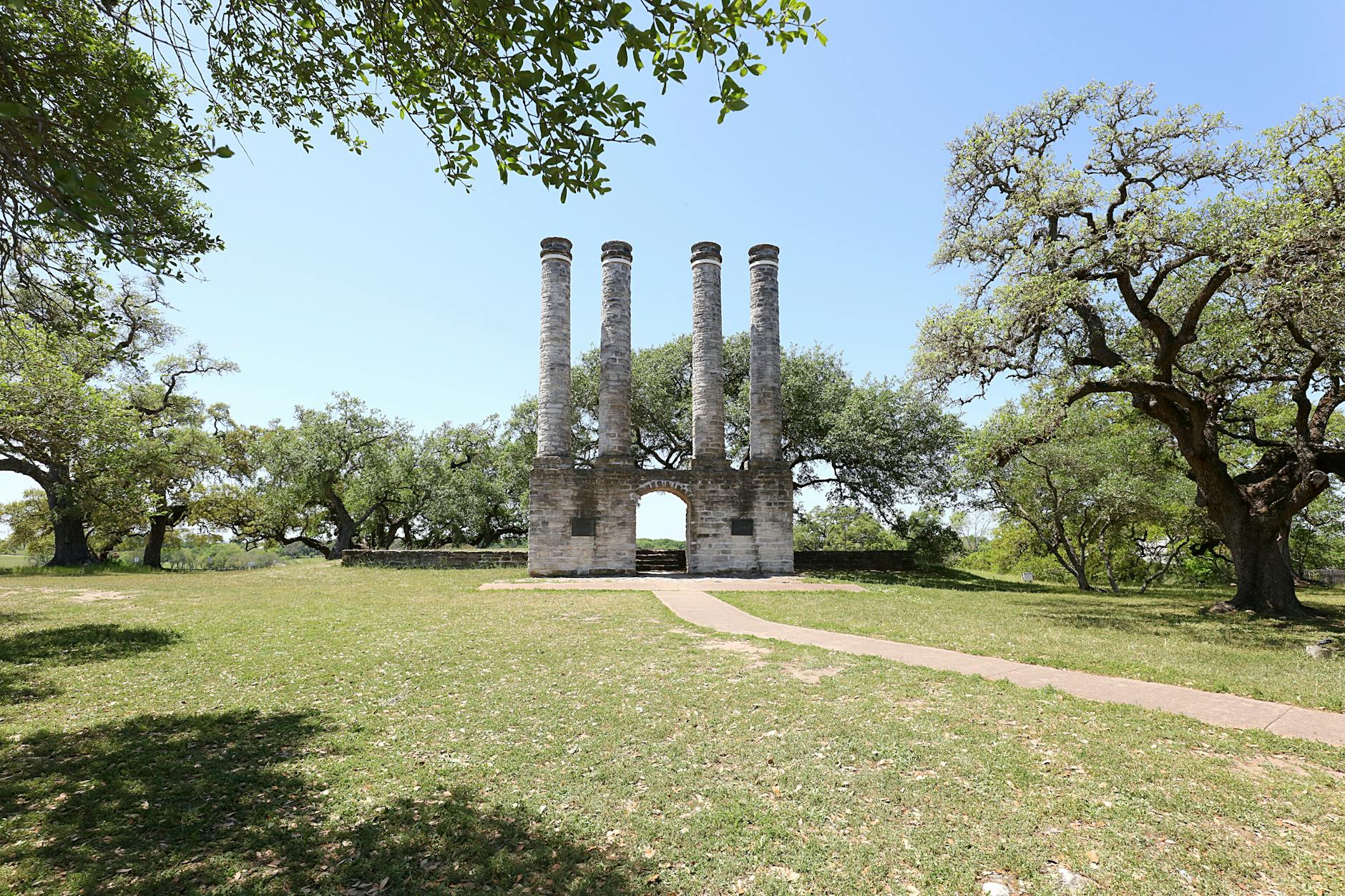Examining the Dismissal of Dr. Thomas Alter and the Complexities of Academic Speech
The recent termination of Associate History Professor Thomas Alter by Texas State University has ignited a significant debate within academic circles and beyond, raising crucial questions about academic freedom, university policy, and the boundaries of public discourse for educators. While the university has cited a violation of its policies as the reason for dismissal, the specific context of Dr. Alter’s remarks at an online conference and the ensuing reactions have cast a spotlight on the delicate balance universities must strike between protecting faculty expression and maintaining a respectful campus environment.
The Spark: Remarks at the Socialist Scholars Conference
The events leading to Dr. Alter’s dismissal reportedly stem from his participation in the virtual Socialist Scholars Conference. According to reports, videos circulated online that captured Dr. Alter speaking at the conference. While the exact content of his remarks has been the subject of various interpretations, the core of the controversy appears to involve his statements on socialism and potentially his views on historical events or ideologies. Texas State University confirmed the termination on September 10, stating it was a result of Alter’s conduct violating university policies. The university has not elaborated on the specific policies infringed upon, but such matters often relate to codes of conduct, professional ethics, or potential disruption to the educational environment.
Navigating Academic Freedom: A Tightrope Walk for Universities
Academic freedom is a cornerstone of higher education, intended to allow scholars to pursue and disseminate knowledge without fear of reprisal. This freedom, however, is not absolute. Universities typically have policies in place to govern faculty conduct, particularly when their actions could be seen as unprofessional, harmful, or disruptive. The challenge lies in defining where legitimate academic inquiry and expression end, and where policy violations begin.
Dr. Alter, as a historian specializing in modern American history and political economy, was likely engaging with topics within his expertise. However, the context of his remarks—potentially addressing sensitive political ideologies and historical interpretations—can easily draw scrutiny. Critics of the termination argue that Dr. Alter was exercising his academic freedom to discuss controversial subjects, a fundamental right for a university professor. They might contend that universities should foster open debate, even on challenging topics, rather than penalize faculty for their views expressed in academic forums.
Conversely, the university’s action suggests that the nature or delivery of Dr. Alter’s remarks crossed a line deemed unacceptable under its established policies. This could involve claims of promoting specific political agendas in a manner inconsistent with professional conduct, or perhaps remarks that were perceived as offensive or inappropriate by a significant audience, even if intended within an academic context. Universities often face pressure to ensure their faculty members represent the institution responsibly, particularly when their public statements are linked to their university affiliation.
Conflicting Perspectives and Unanswered Questions
The precise nature of Dr. Alter’s statements and the specific university policies allegedly violated remain points of contention. Without a detailed explanation from Texas State University or direct access to the full context of Dr. Alter’s remarks, a comprehensive analysis is challenging. Different observers, armed with partial information, are drawing conclusions based on their own interpretations of academic freedom and university responsibility.
For instance, some might argue that any discussion of socialism, a recognized field of study and historical ideology, should be protected academic speech. Others might focus on how such discussions are framed and whether they could be construed as endorsements or incitements rather than objective academic exploration. The impact of online dissemination, where remarks can be taken out of context and amplified, adds another layer of complexity.
The Tradeoffs: Free Speech vs. Institutional Responsibility
The case of Dr. Alter highlights a persistent tension between the principle of free speech for academics and the institution’s responsibility to maintain a functional and inclusive environment.
* For Academic Freedom: Protecting faculty’s right to discuss controversial topics is vital for intellectual progress and robust scholarship. Universities that excessively police speech risk stifling critical inquiry and discouraging diverse viewpoints.
* For Institutional Responsibility: Universities have a duty to their students, staff, and the broader community to uphold certain standards of conduct. This includes preventing harassment, promoting respectful dialogue, and ensuring that faculty actions do not undermine the institution’s mission or reputation.
The challenge for Texas State University, and indeed for many institutions, is to draw clear, consistent, and fair lines that respect both these imperatives. The lack of transparency regarding the specific policy violations makes it difficult to assess whether this balance was achieved in Dr. Alter’s case.
Implications for Higher Education and Future Scrutiny
This incident is likely to fuel ongoing discussions about how universities should handle faculty speech, especially in the digital age. It may lead to increased scrutiny of conference participation and public statements by academics. Universities might review their policies on faculty conduct and the process for addressing complaints, seeking clearer guidelines to navigate similar situations in the future.
For faculty members, this case serves as a cautionary tale, underscoring the importance of understanding university policies and considering the potential implications of their public statements, even when speaking within an academic context.
Key Takeaways from the Controversy
* Dr. Thomas Alter, an Associate History Professor at Texas State University, was terminated following remarks made at an online socialist conference.
* Texas State University cited violations of its policies as the basis for the dismissal.
* The case raises significant questions about the scope of academic freedom and the boundaries of university faculty conduct.
* The exact nature of Dr. Alter’s remarks and the specific policies breached have not been fully detailed by the university, leading to varied interpretations.
* This incident highlights the ongoing tension between protecting faculty expression and upholding institutional responsibility.
This situation underscores the complex landscape of academic discourse and the challenges universities face in balancing competing values. As more information emerges, or as policy interpretations are clarified, a fuller understanding of this event and its implications will undoubtedly develop.


